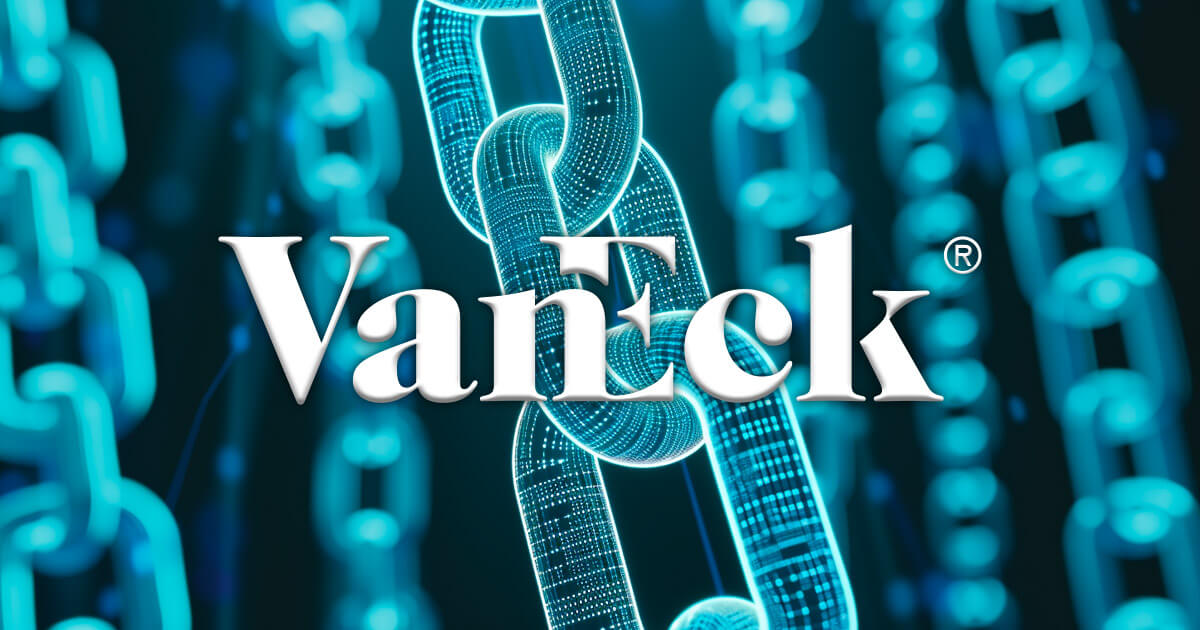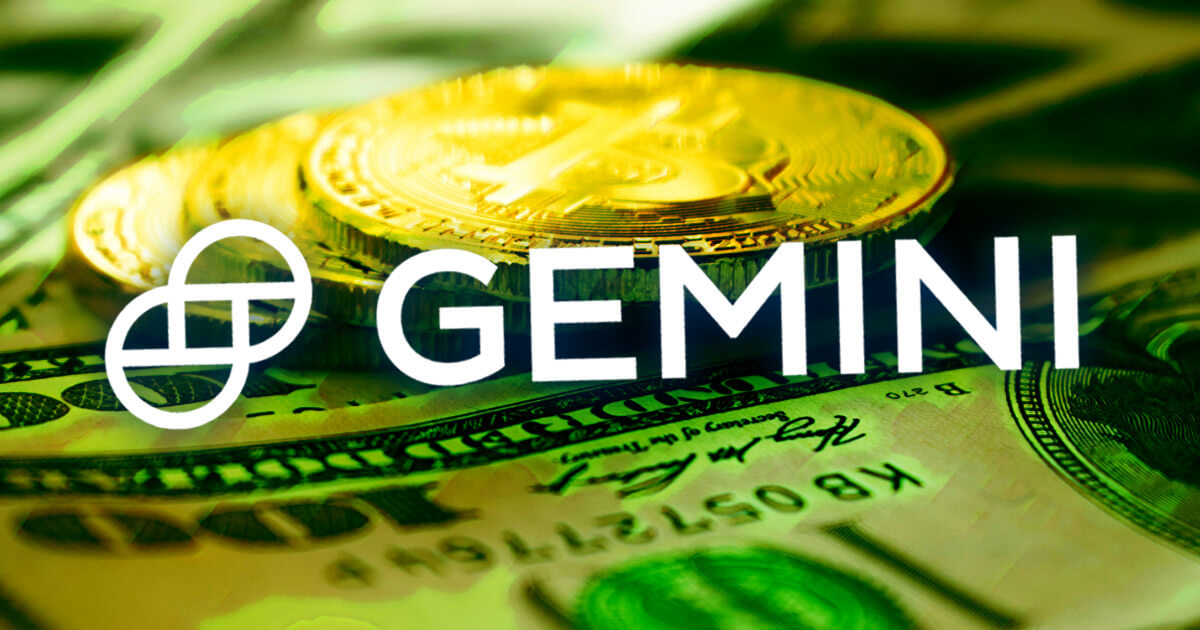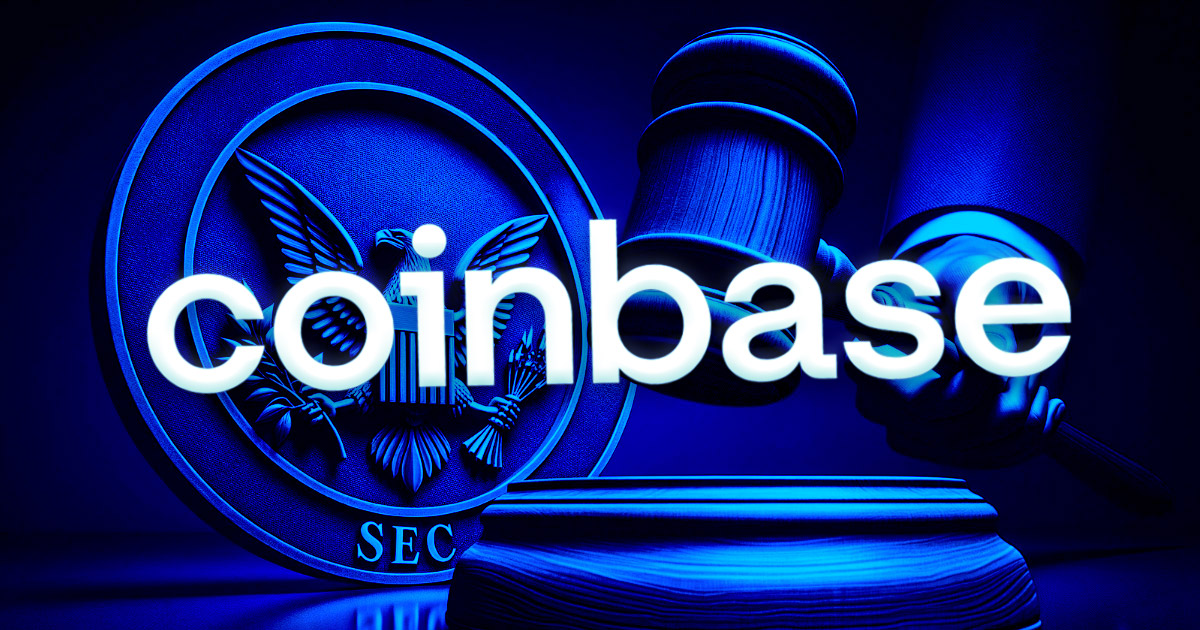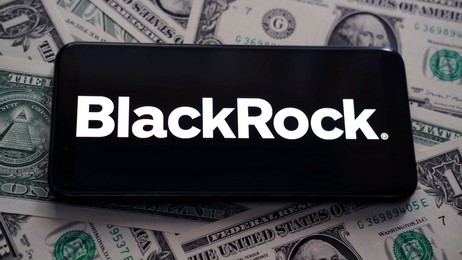Latest News
21Shares becomes second major firm to apply for a spot Solana ETF this week | MATIC News

Asset manager 21Shares has filed for a spot Solana exchange-traded fund (ETF), marking the second such application from a major firm this week.
The proposed 21Shares Core Solana ETF is designed to track the performance of Solana (SOL) by aggregating the notional value of SOL trading activity across major spot exchanges, according to the S-1 registration form filed with the US Securities and Exchange Commission (SEC).
Coinbase Custody Trust Company will act as the custodian.
Surging interest
The filing follows a similar application by VanEck on June 27, which led to a 7% increase in SOL’s price. However, 21Shares’ filing did not immediately impact SOL’s price, with the token trading at $140.2 as of press time — down over 6% on the day.
Beyond the US, Canadian fund manager 3iQ has also filed for a spot Solana ETF earlier this month, aiming to launch the first such product in North America on the Toronto Stock Exchange. The move highlights growing confidence and interest in Solana as a viable asset for institutional investment.
The surge in interest around Solana ETFs comes as the crypto market anticipates regulatory changes and increased acceptance. Despite the recent applications, the absence of a Solana futures product is seen as a potential hurdle for approval. However, some believe a change in leadership could facilitate the process.
Eric Balchunas, senior ETF analyst at Bloomberg, noted that the approval odds for a Solana ETF are closely tied to potential shifts in the US presidency and regulatory attitudes.
According to Balchunas:
“The knee-jerk reaction here is, ‘Oh, this will never be approved because there aren’t Solana futures,’ but if there is a change at POTUS, I think anything is possible.”
Following the approval of spot Ether ETFs in May, Bernstein analysts suggested that Solana might also be classified as a commodity. This follows the SEC’s decision to drop its investigation into Ethereum 2.0, suggesting a shift in how the agency views certain digital assets.
While the regulatory landscape remains uncertain, many industry experts believe that Solana’s prominence in the crypto market makes it a strong candidate for ETF approval.
Solana ETF proponents
CNBC’s Brian Kelly recently highlighted Solana as potentially the next major crypto asset to receive ETF approval, following Bitcoin and Ethereum. He noted the success of Bitcoin ETFs, which have collectively amassed a significant amount of Bitcoin, valued at around $58 billion, indicating strong demand for regulated crypto investment products.
VanEck’s head of digital research, Matthew Sigel, also recently made similar comments, comparing Solana to other digital commodities like Bitcoin and Ether, highlighting its use in transactions and computational services on the blockchain.
He emphasized Solana’s robust attributes, including high throughput, low transaction fees, stringent security protocols, and a vibrant community, positioning it favorably for an ETF.
As the crypto market evolves and regulatory frameworks adapt, the potential for spot Solana ETFs becoming a reality grows. Investors and industry watchers will continue to monitor developments closely, anticipating significant impacts on market dynamics and investment opportunities (OKX).
Solana Market Data
At the time of press 11:45 pm UTC on Jun. 28, 2024, Solana is ranked #5 by market cap and the price is down 6.36% over the past 24 hours. Solana has a market capitalization of $64.8 billion with a 24-hour trading volume of $2.39 billion. Learn more about Solana ›
Crypto Market Summary
At the time of press 11:45 pm UTC on Jun. 28, 2024, the total crypto market is valued at at $2.24 trillion with a 24-hour volume of $63.16 billion. Bitcoin dominance is currently at 53.09%. Learn more about the crypto market ›
Mentioned in this article
Latest News
VanEck’s Matthew Sigel confirms Solana ETF is a bet on Trump victory | MATIC News

VanEck Head of Digital Assets Research Matthew Sigel confirmed speculation that the company’s Solana spot ETF proposal bets on Donald Trump winning the US presidency.
The deadline for VanEck’s application is set for March 2025, which would put it well beyond the aftermath of the US Presidential elections in November.
Sigel simply responded with a simple:
“Can confirm.”
The analysts said approval odds for each ETF are “near zero” if a Democrat victory leaves Joe Biden in office and “better … but not guaranteed” if Trump wins the election. Trump would likely appoint a new SEC chair to replace the agency’s current chair, Gary Gensler.
Surveillance sharing
Another issue seen as a hurdle to potential Solana ETF is the lack of a futures market on CME, which experts believe was a key factor in spot Bitcoin and Ethereum ETFs gaining the regulatory green light.
Grayscale notably argued in its case against the SEC that the surveillance sharing agreements in place for the CME Bitcoin futures were replicable for its proposed spot ETF and sufficient to detect and prevent fraudulent activities.
The firm claimed that the SEC failed to provide a reasonable explanation for treating spot Bitcoin ETFs differently from futures ETFs in terms of surveillance-sharing agreements.
The case essentially revolved around whether the SEC’s demand for a surveillance sharing agreement specifically for a spot Bitcoin ETF was justified and whether the SEC applied its standards consistently across different types of Bitcoin-related ETFs.
Since the SEC has now approved spot ETFs for Bitcoin and Ethereum, Sigel believes VanEck will not need to demonstrate a CME futures market around Solana to obtain its ETF. He previously stated:
“Surveillance sharing agreements with spot crypto exchanges can obviate need for CME futures.”
Bloomberg agrees SSA is enough
Bloomberg analysts agreed that an SSA “should be enough” but concluded VanEck’s approach will “only work if there’s new leadership at the SEC and/or a literal act of Congress.”
They noted that past ETF filings, particularly BlackRock’s June 2023 spot Bitcoin ETF application, included surveillance-sharing agreements (SSAs) with Coinbase, leading other firms to introduce similar clauses. However, the analysts added that the agreements ultimately proved unnecessary.
The analysts also said that the SEC’s ongoing securities lawsuits against multiple exchanges, including Coinbase and Kraken, also complicate SSAs between exchanges and ETF issuers.
Mentioned in this article
Latest News
Bahamas to provide CBDC access via commercial banks | MATIC News

The Bahamas will provide access to its central bank digital currency (CDBC) the “Sand Dollar” through commercial banks to increase adoption, Reuters reported on July 1, citing the country’s central bank governor.
Governor of the Central Bank of The Bahamas John Rolle said the country intends to establish the regulations within two years and has started signaling its intent to banks.
Rolle said:
“We foresee a process where all of the commercial banks will eventually be in that space and they will be required to provide their clients with access to the [CBDC].”
The Central Bank of the Bahamas reportedly sees the change as critical to raising CBDC and mobile payment adoption rates, even though banks will need to significantly modify their existing IT systems to comply with the upcoming obligations.
Rolle said uptake of the Sand Dollar is still limited years after its launch in 2020, requiring a shift from incentives to enforcement.
Adoption in question
Reuters described low adoption statistics amid the news. It reported that the CBDC accounts for under 1% of the country’s currency in circulation.
Reuters said wallet top-ups fell to $12 million in the eight months before August 2023 from $49.8 million in the same period in 2022, based on central bank data.
Rolle previously described “wide use, but very low average transaction value” in an interview with The New Times on June 19. He said 120,000 mobile wallets exist, equal to 20% of retail bank accounts, but mobile wallets make up less than 1% of retail payments.
Strong short-term data
A central bank press release from February described stronger short-term data. It recognized “modest seasonal growth in digital payments activities,” including the Sand Dollar, even though lower government transfer payments impacted overall year-to-date trends.
The bank said that the person-to-business (P2B) and business-to-business (B2B) transactions reached a combined $4.5 million, mainly involving the Sand Dollars, doubling from November 2022. It said personal wallet counts rose 20% year-to-date in December 2023. Sand Dollars in circulation rose 60.8% to $1.7 million.
Bahamas’ mandatory adoption policies could precede other strategies elsewhere. Reuters noted that the European Central Bank similarly intends to require retail and banks to accept and offer any future digital euro if it proceeds with one.
Latest News
Polkadot treasury holds $245M but faces revenue decline and two-year runway | MATIC News

The Polkadot Treasury holds assets equivalent to 38 million DOT, worth approximately $245 million. Head Ambassador Tommi Enenkel, popularly known as Alice and Bob, shared a new report providing the latest update on the network’s treasury.
This balance equates to about two years of the runway at its current spending rate. The report stated:
“At the current rate of spending, the Treasury has about two years of runway left, although the volatile nature of crypto-denominated treasuries makes it hard to predict with confidence.”
Polkadot’s first six months of spending
During the first six months of this year, Polkadot invested heavily in its ecosystem, spending 11 million DOT, valued at around $87 million, across various projects.
According to the report, the network invested about $37 million in Outreach activities such as advertisements, sponsorships, and events. The network signed sponsorship deals with race car driver Conor Daly and also pushed several marketing activities designed to bolster the network’s adoption by the broader global community.
Polkadot also spent $23 million developing its network features and upgrades, including SDK, Data Services and Indexing, Governance, and Subwallets.
Moreover, the network invested $15 million in liquidity incentives and $5.5 million in Talent and Education. Additionally, it spent $3.8 million to maintain the network and core ecosystem components, and another $2.1 million went towards Research.
Revenue decline
The report highlighted a decline in Polkadot’s revenue. During the first six months of the year, the network’s total earnings dropped to 171,696 DOT from 414,291 DOT, recorded in the second half of 2023.
Enenkel attributed this decline to the significant drop in network fees, which fell from 313,443 DOT last year to 39,444 DOT in the 2024 first half:
“We see that direct revenue from fees is still marginal. Polkadot made 300k DOT from fees in 2023-H2 from a short-lived inscriptions campaign. Fees under regular conditions are pretty stable with about 20k DOT per quarter. Other sources of revenue are typically transfers from accounts that return funds that they received and pay them back for various reasons.”
Disclaimer: CryptoSlate has received a grant from the Polkadot Foundation to produce content about the Polkadot ecosystem. While the Foundation supports our coverage, we maintain full editorial independence and control over the content we publish.
-

 Hot Projects4 months ago
Hot Projects4 months agoBitcoin Blasts Past $70,000 to Register New All-Time High | MATIC News
-

 Latest News4 months ago
Latest News4 months agoCourt upholds SEC’s unregistered securities claims against Gemini, Genesis’ Earn program | MATIC News
-

 Latest News2 months ago
Latest News2 months agoSix Coinbase customers claim the exchange is violating securities laws in new lawsuit | MATIC News
-
Hot Projects2 months ago
Bitcoin Will Be Set For New ATHs If It Breaks This Resistance: Analyst | MATIC News
-

 Hot Projects3 months ago
Hot Projects3 months agoBitcoin ETF Inflows Could Eclipse $1 Trillion, Predicts Bitwise CIO | MATIC News
-

 Hot Projects3 months ago
Hot Projects3 months agoOndo Finance Joins BlackRock Tokenized Fund As Inflows Surpass $160M | MATIC News
-

 Latest News4 months ago
Latest News4 months agoOver $1 billion wiped off HEX’s valuation following Richard Heart’s disparaging remarks | MATIC News
-

 Latest News4 months ago
Latest News4 months agoCathie Wood sees Bitcoin at $1 million sooner than 2030 after record ETF performance | MATIC News



